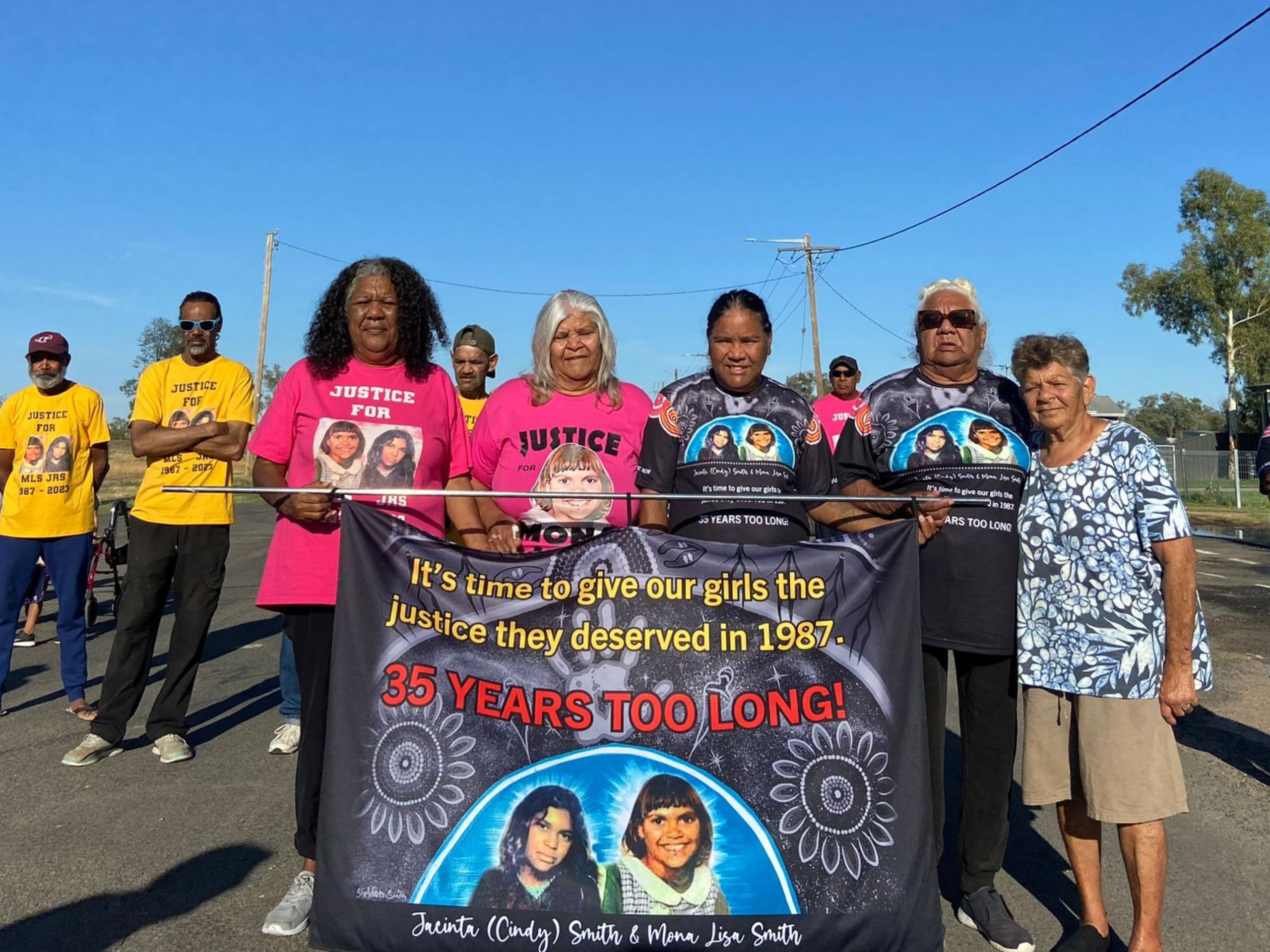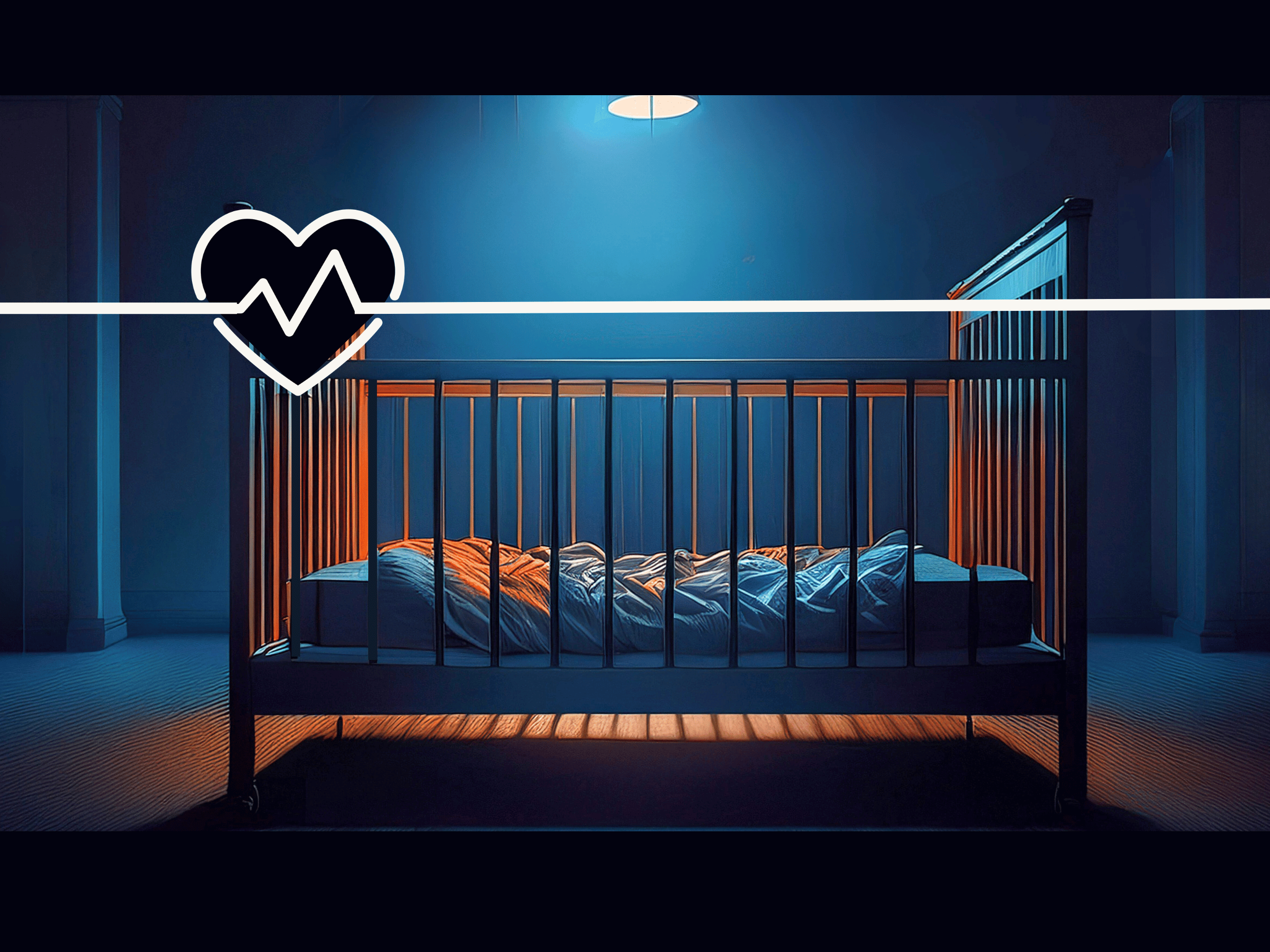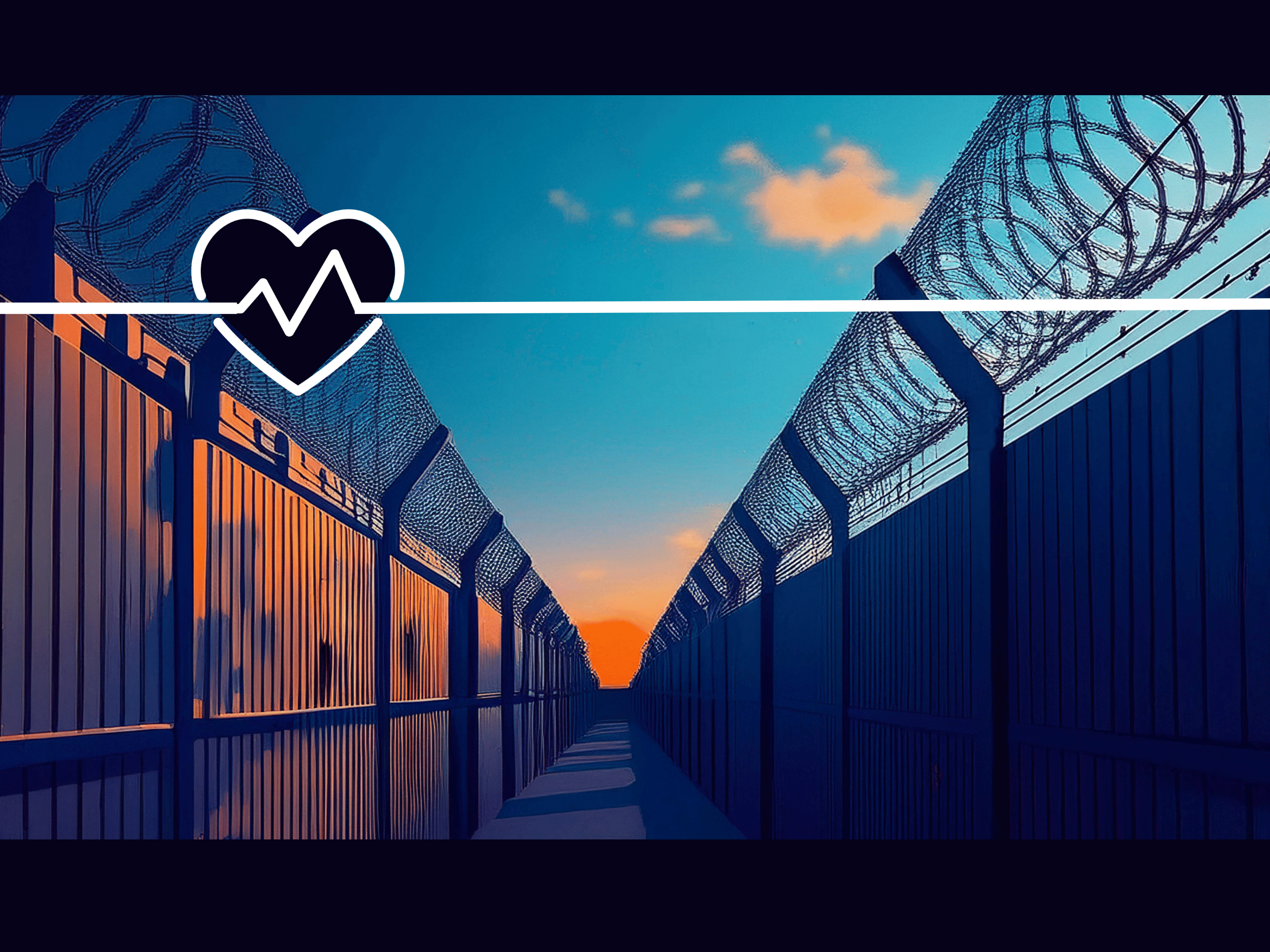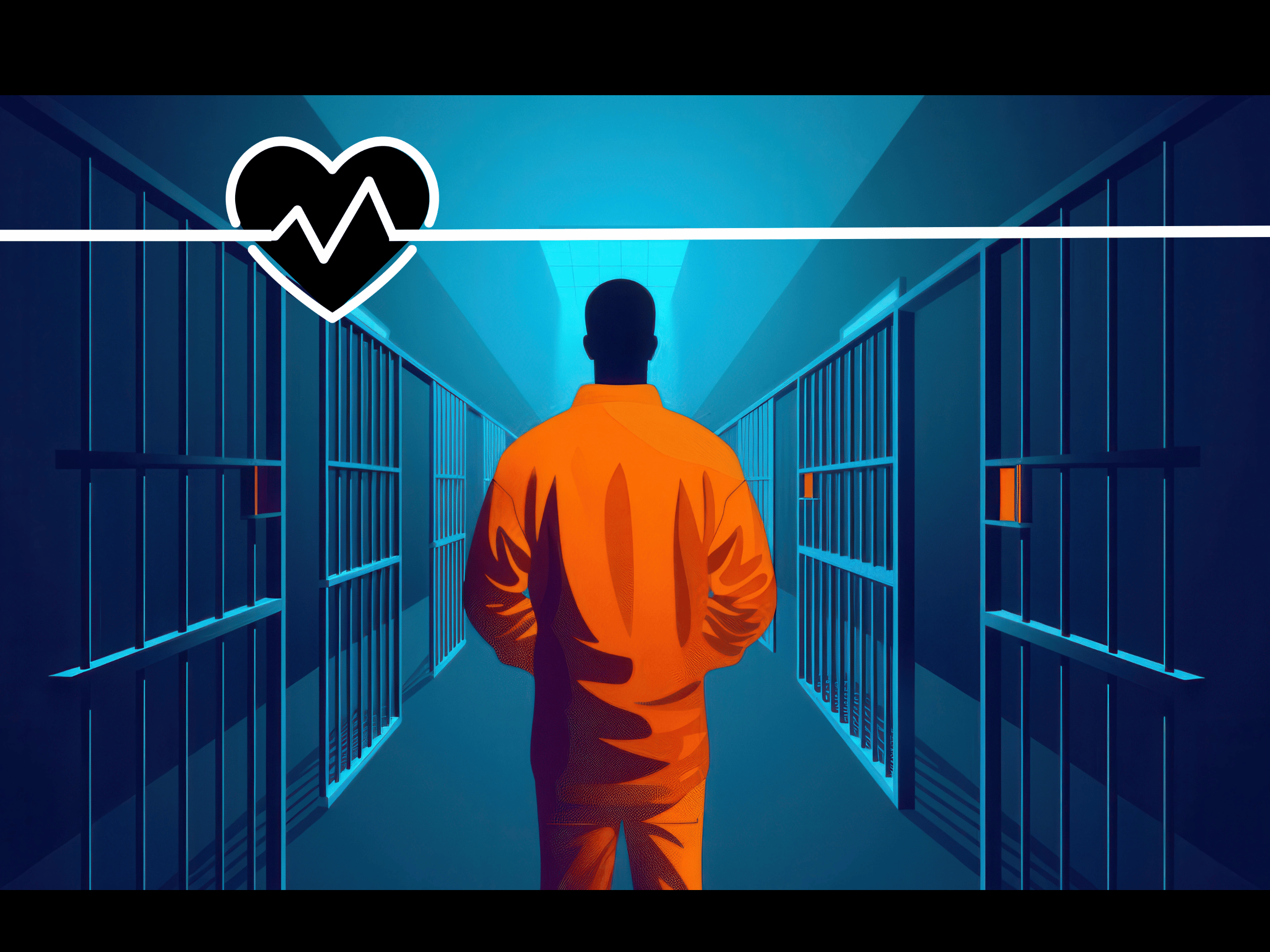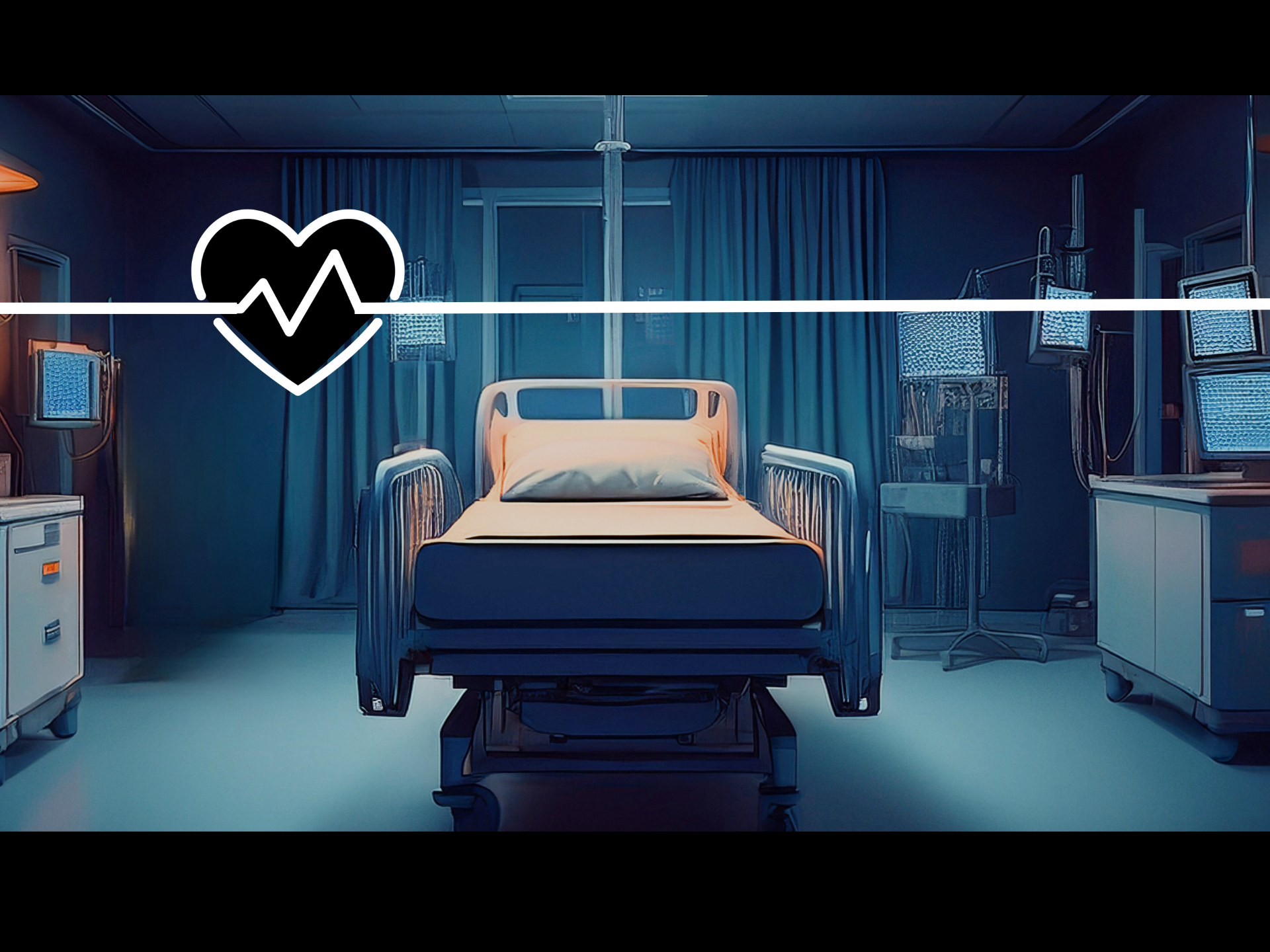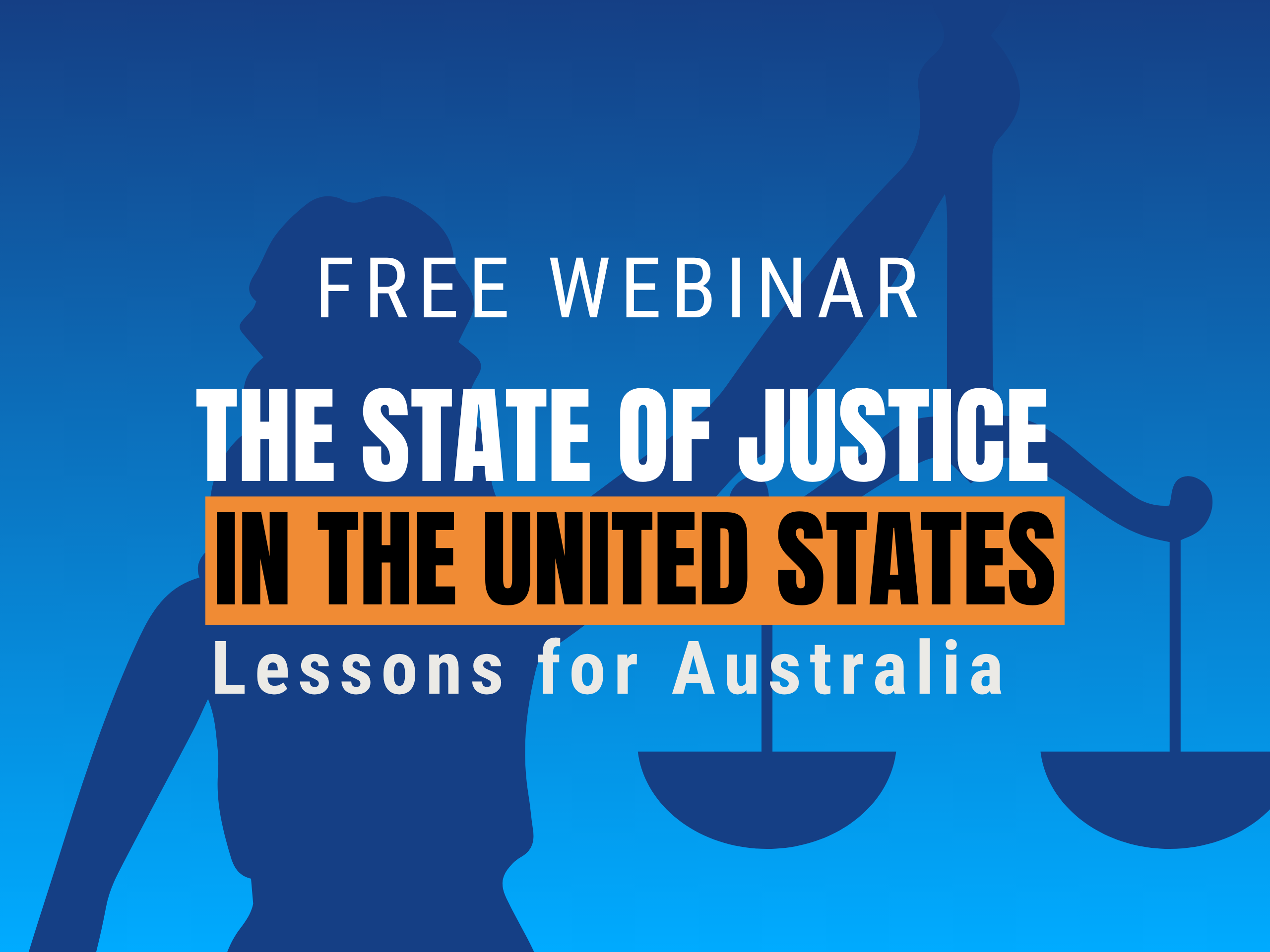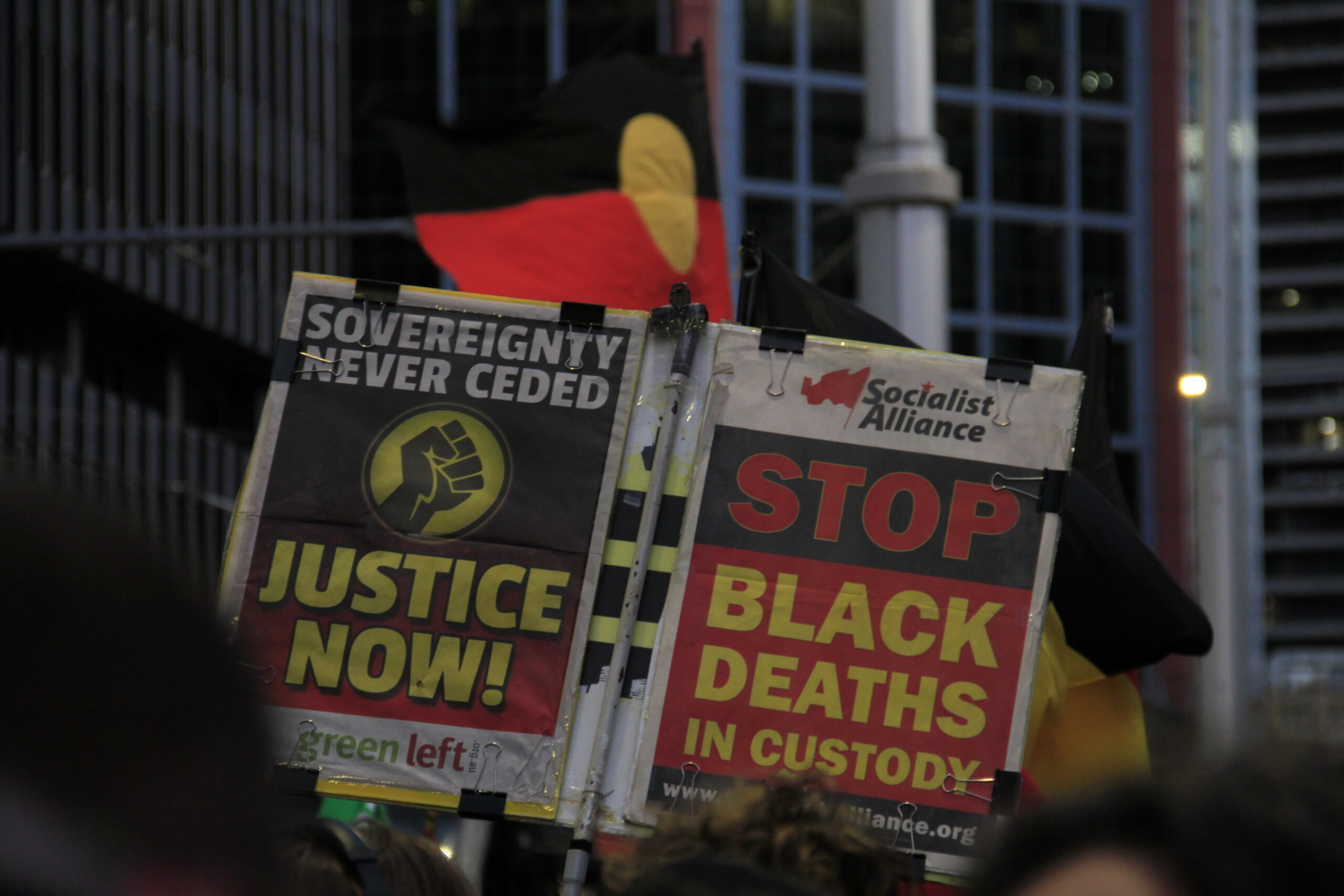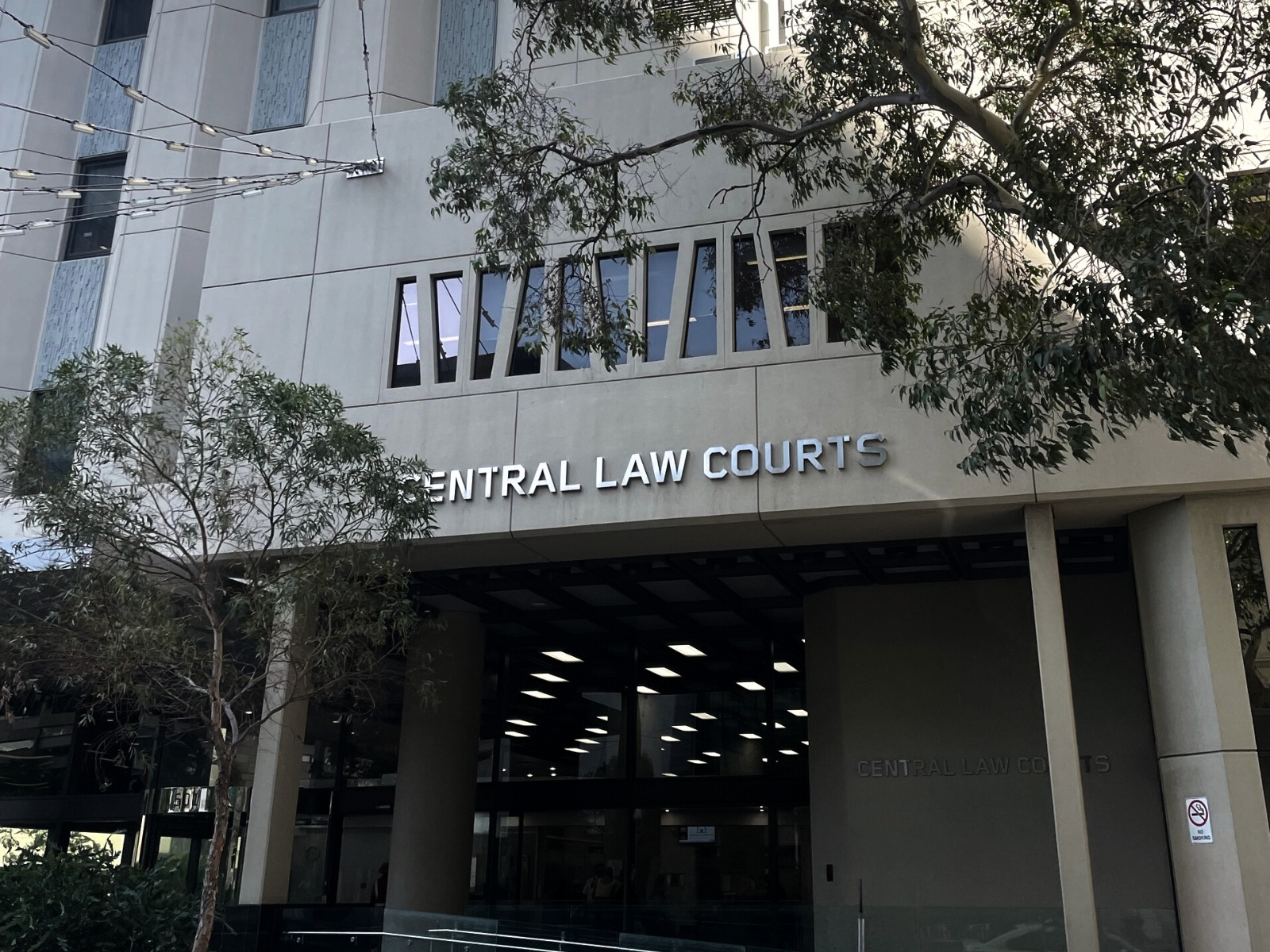Handing down her findings in the inquest into the death of Todd McKenzie today, Deputy State Coroner Harriet Grahame was highly critical of the practices of NSW Police on the day.
On 31 July 2019, Todd McKenzie was suffering from a severe psychotic episode when NSW Police arrived at his home in Taree and established a siege that would last nine hours. At 9:45pm, police breached the front door of his home and in the ensuing altercation on the front porch, Police officers fatally shot Todd three times.
Coroner Grahame found that Todd’s death was preventable and that:
- Police operation was flawed and police practices aggravated the situation and led to the fatal confrontation between Todd and police.
- The police did not sufficiently consider seeking further help from mental health professionals and police should change their policies about consulting them
- Police were wrong to discount using Todd’s mother and father who were nearby and available to assist police in communicating with Todd
- There needs to an overhaul of the training that police officers receive in dealing with people experiencing a mental health crisis and there needs to be increased training in de-escalation techniques
- Tactical police should be required to wear body worn video equipment in future
Neil Wilkins, Todd’s step-father speaking on behalf of Todd’s mother June Wilkins and the family, said “Todd was a beloved son, a beautiful and artistic young man who wouldn’t hurt anyone.”
“What Todd needed was medical attention and a kind and gentle word from his family. Instead, he got the full weight of a siege set up by NSW Police. They had tunnel vision and wanted to make an arrest – we all know the result; Todd’s was shot three times and died that night.”
The National Justice Project acted for Todd McKenzie’s mother, June Wilkins.
The CEO of the NJP, George Newhouse, stated, “During the many weeks of the inquest in 2023, the court heard a great deal of disturbing evidence about how the police acted on the day. We have been happy to help Ms Wilkins hold the NSW Police to account.”
“The evidence was clear – NSW Police laid siege to his home in Taree in order to arrest Todd and not to help an individual experiencing a mental health crisis. I acknowledge that Police have a tough job – they are often first responders when people with disabilities are in a crisis – but if different decisions were made on the day, then there may have been a different outcome.”
“We hope this terrible tragedy and the Coroner’s findings will help to fix a broken system where the police are the first responders to a mental health crisis when there are better, safer options such as using mental health clinicians and also family members.”
“We welcome the Coroner’s suggestion of a summit with representation from families, the community, mental health professionals and police to address the challenge of responding to mental health crises in the community. We will be communicating with the Minister of Police and Minister for Mental Health to organise a summit as soon as possible – people’s lives depend on urgent change in the way that our community responds to mental health crises.”
Samantha Lee, Senior Solicitor, Redfern Legal Centre speaking on the issue of police responding to mental health crises stated “Mental health is a health issue that critically requires a health response. We need to find a first responder model that not only keeps the community safe but keeps the person safe who is suffering from a mental health condition.”

